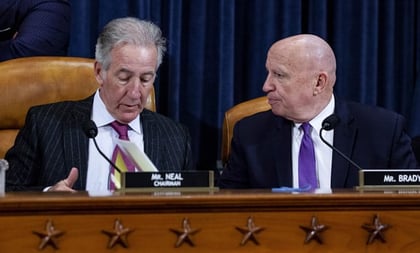The full House passed Thursday morning the Setting Every Community Up for Retirement Enhancement (Secure) Act of 2019, which would make it easier for small businesses to offer retirement plans and raises the required minimum distribution age to 72 from 70 1/2.
The bill, which passed by a 417-3 vote, also paves the way for more annuities in retirement plans and aims to raise revenue by changing the withdrawal rules on inherited IRAs by curtailing the “stretch IRA” strategy.
A House Rules Committee rule removed the portion of the bill that passed the House Ways and Means Committee allowing 529 account funds to be used for homeschooling, private elementary/high school expenses and special needs students.
But the bill still allows funds in 529 plans to be used to pay for student loans and apprenticeships.
The House Ways and Means Committee passed H.R. 1994, the Secure Act, on April 2. Rep. Richard Neal, D-Mass., the chairman of that committee, stated during the April 2 hearing that one of his “top priorities” as chairman “is to help workers of all ages prepare for a financially secure retirement.”
“I was greatly encouraged earlier this year when Chairman Neal reached out to me saying he was committed to getting retirement-focused legislation signed into law this year,” said House Ways and Means Committee ranking member Kevin Brady, R-Texas.
“Right away, he and I, and many Members of our Committee, worked together to develop” the Secure Act.









 May 23, 2019 at 11:59 AM
May 23, 2019 at 11:59 AM











